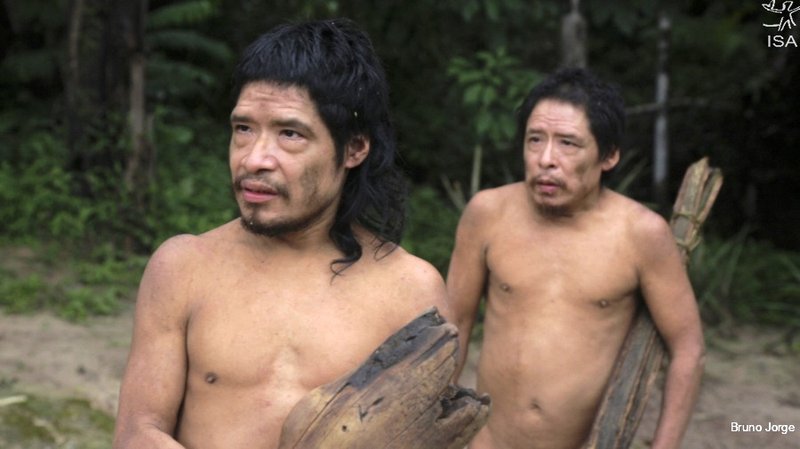Public Note #37 – For the rights and the survival of the Piripkura ethnicity
16 Sep 2021, 18:21
The Dom Paulo Evaristo Arns Commission for the Defense of Human Rights – the Arns Commission – goes public to denounce the deforestation that threatens the last representatives of the PIRIPKURA Indigenous ethnicity and their lands in the northwestern region of the state of Mato Grosso. In 2020 alone, an area of forest the size of 1000 football pitches was destroyed.
The document that guarantees the protection of this Indigenous Land is merely a Use Restriction Ordinance, signed by the President of FUNAI. Ordinances have been continuously re-edited and the latest one, from 2018, which has a three-year term, expires in the next few hours, on September 18, 2021.
Despite the continuous violations of the right to traditionally occupied lands, which is established constitutionally (Article 231) and backed by numerous special norms, the Observatory for the Human Rights of Isolated and Recently-Contacted Indigenous Peoples (Observatório dos Direitos Humanos dos Povos Indígenas Isolados e de Recente Contato, in Portuguese) has received recent complaints that indicate that a strategy to reduce the Piripkura Indigenous Land area is being orchestrated by the “New-Funai”.
This new violence basically consists of allowing the invasion, deforestation, and encroachment of the Indigenous Land to intensify, and then affirming that the process of non-Indigenous occupation is irreversible, which would, in turn, justify the reduction of the Indigenous Land under the argument that the isolated Indigenous peoples no longer inhabit those devastated areas that are now occupied by farms. It must be said, however, that it is from this land that the last remnants of these peoples earn all their livelihood.
The policy of non-compulsory contact and the principles of precaution and self-determination in relation to isolated Indigenous peoples, which have been instituted and respected by the Brazilian State since 1987, are also at risk, given the current and evident connivance between the body in charge of surveillance and the potential violators of the Indigenous Land, in addition to the serious omission of the Brazilian State characterized by the non-demarcation of the Indigenous Land, although all the requirements have been fulfilled.
Therefore, despite the ongoing measures required by the Federal Public Prosecutor’s Office, the Arns Commission believes that it is extremely important that the General Coordination of Isolated and Recently-Contacted Indigenous Peoples of Funai, the Federal Public Prosecutor’s Office of Mato Grosso, the 6th Chamber of the Federal Public Prosecutor’s Office, the Federal Public Defender's Office, the National Council of Justice, the National Human Rights Council, and the Articulation of Indigenous Peoples of Brazil rigorously monitor the case and enforce the rights of the remnants of the Piripkura ethnic group before this serious violation intensifies and becomes irreversible.